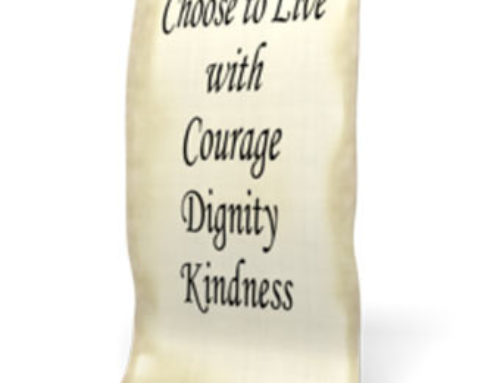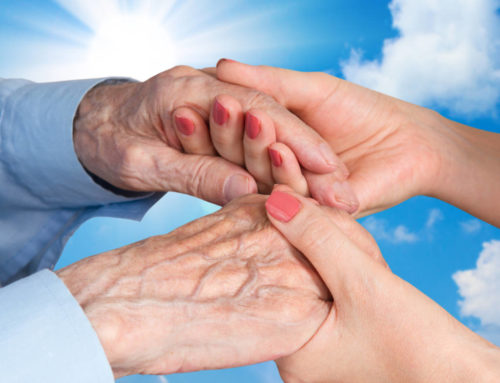How to Stop Feeling Guilty When You Haven’t Done Anything Wrong
I saw a headline in a newspaper recently that stated 54% of senior caregivers feel guilty about taking a break from their caregiving tasks to make time for themselves.*
The dictionary defines guilt as a sense of having done something wrong or having failed in an obligation. I believe guilt is an appropriate response when a person intentionally inflicts physical or emotional pain on another person. However, as a general rule, I think guilt is a cruel and manipulative emotion that is experienced way too often by caregivers.
It might be helpful to ask yourself if your guilt is self-imposed or if it is being imposed upon you by someone else. Sometimes we feel guilty because we think we aren’t doing enough. Then there are times when we don’t do things that are important to us because we know it will make our care receiver upset. When we deny ourselves, we get mad at them, and then we feel guilty for feeling resentful toward them.
Three steps to meeting your own needs and wants without feeling guilty
- The first step is to recognize that self-care is not selfish. When you set aside time to do something that brings you a little relief and pleasure, it helps you hit the “reset” button. Even a few hours away from your care receiver can give you a tremendous boost physically, mentally, and emotionally. When you take care of yourself, you end up having more energy to take care of someone else.
- The next step is to change your emotional vocabulary. Replace the word “Guilt” with the word “Regret.” Watch the video above. If the image didn’t appear, click here to watch: “Caregivers!!! Stop Feeling Guilty.”
- The third and probably most difficult step is to stop managing other people’s feelings. This can be challenging, especially if you hate conflict and you’re the type of person who feels responsible for everyone else’s happiness. For tips on how to stop managing other people’s feelings and start managing your own, please click on this link: Get Lost You Big Bully
Finally, accept that you are human. Caring for someone through a long, progressive, and ultimately fatal disease is incredibly difficult. You will feel trapped some days, and when feelings of anger and resentment bubble over, you will lose it. Rather than feeling guilty, perhaps you can recognize these moments as a signal that you need to take a break. Be gentle with yourself. Take a deep breath or a walk around the block. Imagine how you would feel if someone else was doing all of the good, kind, and generous things you are doing to help your care receiver. I suspect you would feel grateful. If so, let go of the guilt and spend your emotional energy on something that validates, supports, and helps you find the energy to do what has to be done.
If you have any questions or comments, please write them in the comment box below. I would love to hear from you!
*SOURCE SCAN Health Plan survey of 1,000 US caregivers age 65-plus. Mike B Smith, Veronica Bravo/USA Today




